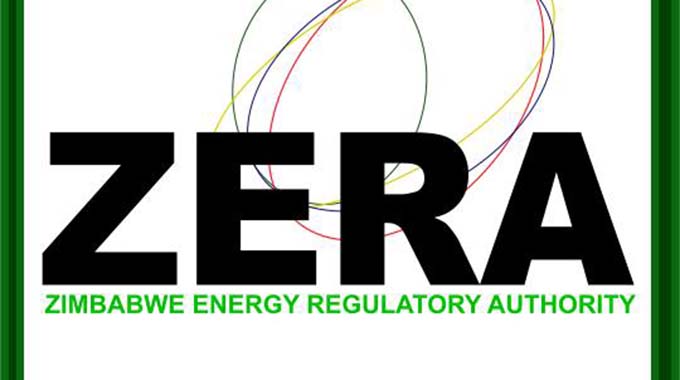JUST IN: ZERA approves 320% Zesa tariff increase

Panashe Chikonyora Business Reporter
THE Zimbabwe Energy Regulatory Authority (ZERA) has approved a 320 percent electricity tariff increase to 162,16 cents per kilowatt hour (kWh) to help Zesa improve power supply.
This comes after Zesa units, Zimbabwe Electricity Transmission and Distribution Company (ZETDC) and Zimbabwe Power Company’s (ZPC), applied for the tariff hike earlier this month.
The new tariff increase comes barely a month after ZERA approved another power tariff hike.
Only in August this year, ZERA reviewed electricity tariffs to 38,61c/kWh to improve supplies in the country, after the US dollar tariff of US9,86c/kWh was eroded to as little as US1,01c/kWh following the currency changes in February this year.
But despite the tariff adjustment in August, the power utilities insisted the tariff remained insufficient to mobilise financial resources sufficient to support their operations.
The new tariff is within range of what the State power utility, Zesa, had requested, which is a tariff payable in local currency but equivalent to the 2012 US dollar tariff of US9,86 cents per kWh.
The new power tariff also comes on the back of growing calls by local industry for ZERA to institute a power tariff hike as part of strategies to address the power crisis in the country.
The private sector even indicated that it was ready to pay a cost reflective electricity tariff of up to US$0,14 per kWh in return for constant supply of electricity in the country.
In a statement released yesterday, ZERA said the hike was part of efforts to restore normal electricity supply after the 38,61 cents/kWh was rendered ineffective by inflationary pressures.
“The authority analysed the current situation characterised by about 18 hours of load shedding on most consumer groups, the high cost of alternative energy supplies, the deterioration of the tariff being charged against what is deemed cost reflective and made the approval of an average tariff at ZETDC level of $162.16c/kWh effective 3 October 2019,” said ZERA.
As part of their submissions for a tariff hike, both ZPC and ZETDC singled out the major cost driver to be the high inflation, which has eroded the previous tariff, increased cost of diesel for the Hwange Power Station, which gobbles at least 1,5 million litres per month.
The power utilities also cited increased prices for procuring coal ($72 million per month) and financial obligations related to power imports (US$19,5 million per month).
ZERA said the 38,61cents per kWh tariff had become inadequate as it was not sufficient for constant maintenance of equipment for consistent electricity supply, resulting in an acute deficit in August.
“At that level (38,61cents/kWh), the tariff was not enough to cover the operating costs of the electricity companies including coal, diesel and essential equipment leading to a shortfall of ZWL320 million in August 2019,” ZERA said.
In granting the latest power tariff hike, ZERA also considered other factors including the electricity situation in the country particularly the rate at which load shedding is instituted.
The regulator said it expects a, “significantly improved electricity supply position from Zimbabwe Power Company as the company can procure enough coal stocks, reduced load shedding hours and improved reliability of supply from Zimbabwe Electricity Transmission and Distribution Company as the company is able to import electricity from the Southern African Power Pool and more concerted energy efficiency measures from consumers to ensure that the power is put to good use.”










Comments